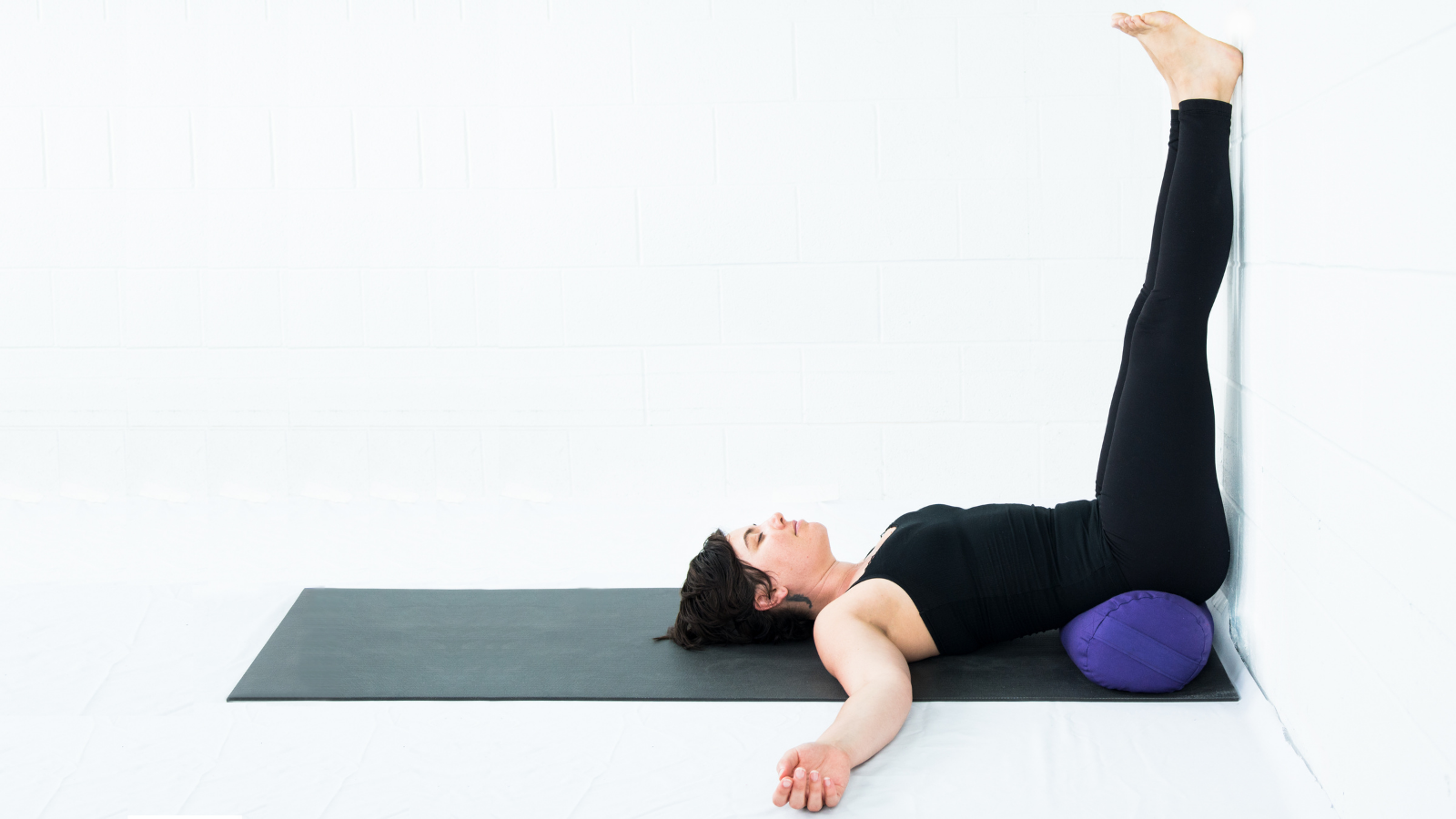Insomnia and the Restless Mind

It’s after 3:00 am. You’re wide awake, mind racing. You might be worried about paying your mortgage. You might be puzzling over something someone said to you and rehearsing your response. Maybe busyness is overwhelming you. Perhaps you are excited, on the cusp of an event you’ve long anticipated. Each minute that ticks by brings you closer to rising time. This knowledge gives you something else to worry about. This is classic insomnia.
I began experiencing insomnia when I was five years old. My earliest instance of sleeplessness left a bold imprint in my memory. For the first time in my life the notion that I would die someday had visited me in the night. I lay awake worrying for what seemed like hours. Giving up on sleep I walked downstairs and found my mother—a chronic insomniac—sitting at the kitchen table reading a book. Insomnia would become my mother’s unintended legacy to me.
Through most of my early life sleepless nights were the norm. As my sister lay still and silent in her bed I worried and watched the time pass. I learned to turn the clock around so that I could not see the time. It only made matters worse to know it was 4:00 am and I had to get up in two hours. When morning came, sometimes I could not even remember what was so worrisome the night before. In the times when I could recall the previous night’s worry, the light of day showed it to be innocuous, hardly worth the energy I had spent on it.
Insomnia and the Worry Bug

That said, I should clarify worry is not the only reason I’ve struggled with sleep. Most, if not all, my best creative ideas have come in the deep of the night. Profound insights have come to me while I was lying awake in bed. The only thing that dampened these creative reveries was the fact that according to cultural rules, I was supposed to be sleeping. “Early to bed, early to rise … ”
When I began practicing yoga, sleepless nights began to occur less frequently, particularly, I noted, when I did a restorative yoga practice before retiring. Still, several nights each month my mind churned in the wee hours. The pattern continued until I finally arrived at the place where I could see clearly what it was that was keeping me awake and how it operated to spoil my sleep.
Worrying is a Choice

At a meditation retreat in 1988, I ended up sleeping in a bottom bunk, below a woman who was suffering from bronchitis. As the retreat unfolded and my body became more sensitive to sound, her coughing began to feel like an assault. One night, unable to sleep because of the sporadic hacking above me, I angrily picked up my blanket and pillow and stomped up to the meditation room to try to get some sleep.
Two hours later, watching my mind still spinning angry thoughts, I realized it was not someone else’s coughing that was keeping me awake. Up until this moment I had always relied on being able to blame someone or something else—the subject of worry du jour—for my insomnia. It became clear that I had made the choice to wallow in worry and anxiety. There were other choices available.
My favorite metaphor for worry is a traditional story about a Zen monk who created a painting of a tiger on the wall of his cave. The painting was so realistic in its detail that when the monk looked at it he became afraid. This is the mechanism of worry: we make up a story, believe it to be true, and react to it. Worry is an essentially pointless endeavor. As the Dalai Lama says, “If your problem is something that can be solved, there is no reason to worry. If it cannot be solved, worrying will not solve it.”
Insomnia and the Restless Mind
It can be helpful to remember this when you find yourself in a state of anxious worry. Mindfulness meditation practice suggests that rather than becoming absorbed in the story you are creating, you can align your consciousness with the restless sensations in the body. Mindfulness of body sensation can begin to ground and quiet your mind.
In Buddhist thought, worry is a component of restlessness, one of the five hindrances to meditation, along with desire, aversion, sleepiness and doubt. The metaphor for restlessness is a constant wind, a perpetual movement that finds no rest. Worry causes the mind to spin in never-ending circles. It stimulates and agitates the mind and body, making sleep impossible.
I began to apply my meditative discovery to those times when I could not sleep. I could choose to bypass getting caught by the content of my spinning thoughts. Instead, I could turn my mind to the energy beneath the story. I began by letting go of the worry that I was not getting enough sleep.
Not Everybody Sleeps the Same

Two points of understanding helped me release worries about insomnia itself. First, not everyone needs the eight hours of sleep each night, despite what we’ve all heard. A New York Times article explains the wide variety of natural sleep patterns and calls the popular sleep prescription the “tyranny of the eight-hour block” of sleep. It is simply not true that every person needs the same amount of sleep, or that every person needs uninterrupted sleep.
The second point that helped me begin to stop the worry cycle was the understanding that reclining and resting the body is a valid form of relaxation, even if I did not lose consciousness. Conscious relaxation practices are a cornerstone of yogic traditions. Asana practice, along with practices like yoga nidra (psychic sleep) is a great way to calm the body and mind.
How to Practice Yoga to Calm Insomnia
Try a slow, mindful yoga practice with lots of forward bends, restorative poses, and a generous Savasana to help wind down the body and mind. Insomnia may still visit sometimes, but our yoga practice can help move us toward a good night’s rest.

Also, read...
15 Natural Remedies For A Good Night’s Sleep
Exploring the Link Between Sleep and Anxiety
Yogic Breathing for Better Sleep – Balancing Apana and Prana Vayus
Related courses
Breath as Medicine: Yogic Breathing for Vital Aging
Yoga and Myofascial Release: Releasing Chronic Tension with the Bodymind Ballwork Method

Charlotte Bell began practicing yoga in 1982 and began teaching in 1986. She was certified by B.K.S. Iyengar in 1989 following a trip to Pune. In 1986, she began practicing Insight Meditation with her mentors Pujari and Abhilasha Keays. Her asana classes blend mindfulness with physical movement. Charlotte writes a column for Catalyst Magazine and serves as editor for Yoga U Online. She is the author of two books: Mindful Yoga, Mindful Life, and Yoga for Meditators, both published by Rodmell Press. She also edits Hugger Mugger Yoga Products’ blog and is a founding board member for GreenTREE Yoga, a non-profit that brings yoga to underserved populations. A lifelong musician, she plays oboe and English horn in the Salt Lake Symphony and the folk sextet Red Rock Rondo whose 2010 PBS music special won two Emmys.



